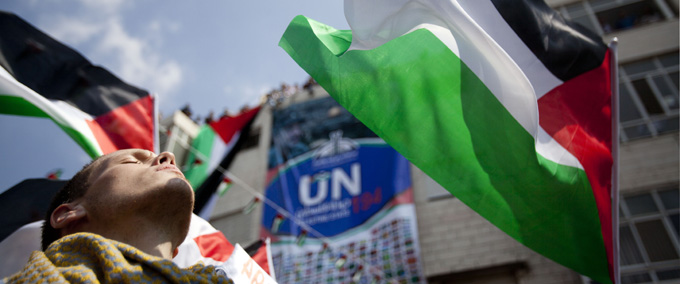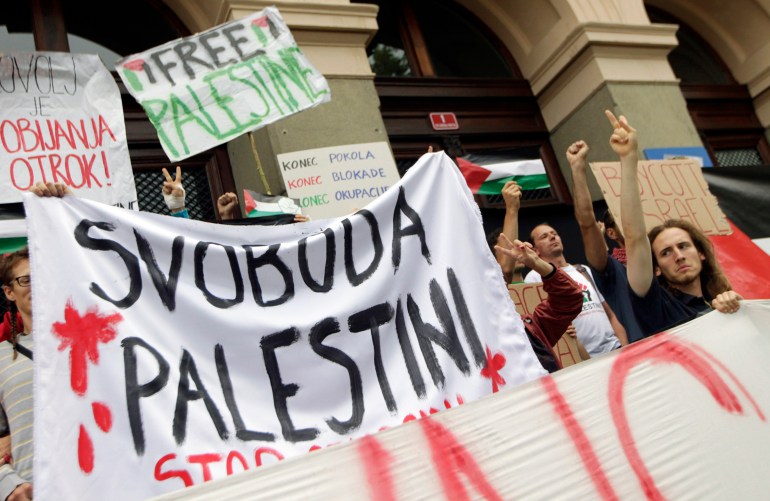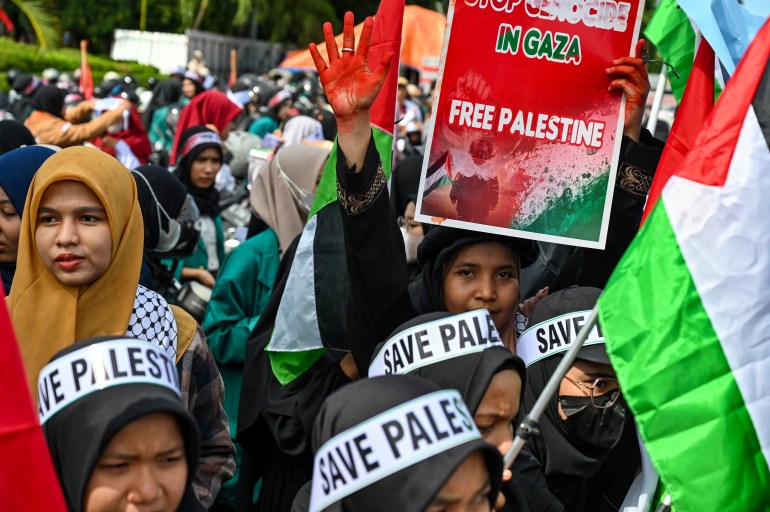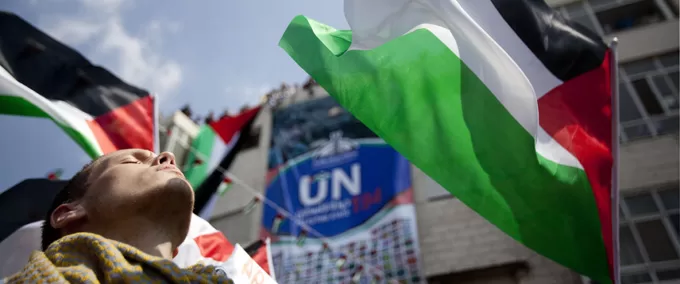What is left of historical Palestine lies divided between the Israeli-occupied West Bank and the besieged Gaza Strip, upon which Israel is waging a nearly eight-month-long war, killing more than 36,000 people.
Palestinians across Gaza and the West Bank have expressed optimism and pride in their country and their cause being recognised more widely.
What does recognition mean for Palestine?
Spain, Ireland and Norway did not recognise an existing state, just the possibility of one.
The move will see increased diplomatic relations between the Palestinian Authority and the three countries.
All have announced that they will recognize Palestine according to the pre-1967 borders with East Jerusalem as its capital.
Dublin has said it will upgrade both the Palestinian mission in Dublin and its own offices in Palestine to embassies while Oslo and Madrid have already done so.
The hope is that the symbolism will boost Palestine’s international standing and put more pressure on Israel to open negotiations aimed at ending the war.
The move has already spurred Slovenia, which is expected to recognise Palestine by June 13.
Given Ireland’s and Spain’s European Union memberships, it is also hoped the move will put the status of Palestine firmly on the agenda during the June 6-9 EU elections.

How many countries in the world recognise Palestine?
Of the 193 members of the United Nations General Assembly, 143 had recognised Palestine previously.
Tuesday’s recognitions are the strongest indication yet that the idea may be gaining traction in the economically and diplomatically powerful Western European states.
With the countries recognising Palestine on Tuesday, what is the total now?
Ireland’s, Norway’s and Spain’s moves to recognise Palestine brings the total number of states doing so to 146.
Spanish Prime Minister Pedro Sanchez said at a news conference on Tuesday that the move is “the only way of advancing towards what everyone recognises as the only possible solution to achieve a peaceful future, one of a Palestinian state that lives side by side with the Israeli state in peace and security”.
What difference does it make to Palestine if a country recognises it?
In practical terms, not a great deal.
However, any move from the international community towards giving Palestine greater recognition gives its diplomats extra sway in any negotiation or summit.
It also allows Palestine to enter into bilateral agreements as an independent state.

Can Palestine fully participate in international systems?
Palestine has sat as a nonmember observer state in the UN General Assembly since 2012, which allows its delegates to address the chamber.
Palestine also confirmed its membership in the International Criminal Court in 2015 when it agreed to accept the court’s jurisdiction over its territory.
With regards to international financial systems, Palestine’s access remains limited.
According to the International Monetary Fund, the Palestinian Authority (PA) has no access to international capital markets, meaning that any shortfall in its budget not met by aid channelled through Israel has to be met by the PA itself.
Gaza is entirely dependent upon aid.
What would it take to get Palestine fully integrated?
The only country that can determine Palestine’s statehood is Israel as the power occupying it.
Ireland, Norway, Spain and the 143 states that already recognised Palestine hope that international pressure on Israel will make it revisit the commitments it made in the Oslo Accords in the 1990s when it agreed to pursue a two-state solution.

What did Israel do when it heard about this?
Israel has reacted furiously to the decision by the two EU states and Norway, accusing all three of “rewarding terrorism”.
It immediately withdrew its ambassadors to Ireland, Norway and Spain.
Then Israeli Foreign Minister Israel Katz summoned the three countries’ ambassadors to a meeting where they were shown footage of the October 7 Hamas-led incursion into Israel as proof of why their governments should not recognise Palestine.
The three governments have already condemned the Hamas-led attacks and have consistently messaged that their recognition of Palestine is to work towards a peaceful solution in the region.
